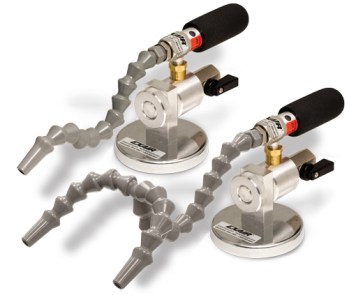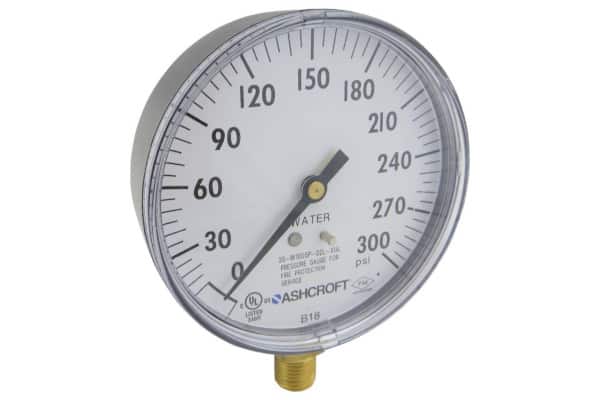What Types Of Electricians Are Available?
Electricians are skilled tradespeople who work in the construction industry, specializing in the design, installation, maintenance and repair of electrical systems – the demand for these skilled workers is growing only in the United States.
In fact, the projected growth rate for electricians is 10% by 2028. Electricians work in a wide range of specialties, such as residential and office building maintenance, as well as commercial/industrial and residential construction.

Types of Electricians by Certification Level
Apprentice Electrician
The first step to becoming an electrician is to enroll in an apprenticeship program.
In most states, this requires a high school diploma (or equivalent) to apply. Typically, apprentices spend hundreds of class hours before joining a team of commercial electricians.
After about three to six years, you can apply to earn an apprenticeship as a licensed electrician.
Journeyman Electrician
After completing the apprenticeship program and meeting all requirements, you can take the exam to become a journeyman electrician, and you will be licensed from a local, state or federal licensing panel.
Certification allows you to work without supervision and provides you with a certificate to train new apprentices.
Master Electrician
Master Electrician is the highest level of electrical certification, with requirements varying by state.
The primary criteria in most states is approximately 4,000 hours of electrical work as a journeyman, followed by a licensing exam to demonstrate an in-depth knowledge of the National Electrical Code.
What are the different types of electricians based on specialization?
Industrial Electrician
Industrial electricians are tasked with installing, troubleshooting and repairing electrical equipment in power plants, processing plants, factories and mines.
These types of electricians work with manufacturing systems and large, complex machinery – some technicians focus on safety and lighting systems.
As an industrial electrician, you will report to a maintenance supervisor or facility manager. In most cases, you’ll need years of apprentice job training before working in this field.
Commercial Electrician
A commercial electrician specializes in the installation, repair. and maintain electrical systems – most of which operate in commercial buildings such as offices and other workplaces.
As a commercial electrician, you may also be required to assist in the design and planning of electrical systems during the construction of new buildings. If you’re the type of person who is willing to take on an extra challenge, then this would be ideal for you – a job that often includes dealing with public safety issues and local electrical codes.
If you have an entrepreneurial spirit, you can also venture out as an independent electrical contractor and then go on to start your own business, hiring more electricians under you.
Residential Electricians
A neighborhood electrician is the most common type of electrician. They are typically responsible for installing, troubleshooting, maintaining and upgrading electrical systems – this includes equipment in residential settings such as homes, apartments and condominiums.
As a residential electrician, you will install and repair security systems, air conditioning units and other household appliances.
Job training combines apprenticeship with formal classroom instruction under the supervision of a journeyman or master electrician. Upon completion of the apprenticeship program, you will also be required to pass a state test.
As with commercial electricians, many types of electrical work include working for a building contractor or independently managing a small business.
Maintenance Electrician
Maintenance electricians are an important part of the industrial, commercial and residential sectors. As a maintenance electrician, you will be tasked with maintaining, repairing and upgrading existing electrical equipment.
Other maintenance duties include testing, troubleshooting and diagnosing equipment problems.
To work as a maintenance electrician, you will also need to undergo formal apprenticeship training, receive on-the-job technical training, and then obtain an electrician’s license.
Automotive Electrician
Automotive electricians specialize in working on automobiles and other motor vehicles and are responsible for the electrical systems within these vehicles that are essential to their safe operation.
To become an automotive electrician, you need an in-depth understanding of vehicle diagnostics in order to properly check the driveline using high-performance electronic equipment. Technicians also use this equipment to perform official motor vehicle certifications.
How much does an electrician make?
According to the U.S. Bureau of Labor Statistics, the median annual salary for electricians in 2018 was $55,190. This includes an average hourly wage of $28.50. The top 25% of earners made $472,780, while the bottom 255 earners made $41,260. According to data collected by U.S. News, electricians in the construction industry can rank in the top three earners. The best states based on the type of electrician and their salary are New York, Alaska, Illinois and Hawaii.
The highest paying metropolitan areas in the U.S. are San Francisco, New York, Chicago and San Jose. The highest paying industries for electricians are natural gas and real estate.
The job outlook for electricians in the United States is positive, with many different electrician jobs in the top industries. A career as an electrician is a recommended option for many people with professional options, room for advancement and a good salary.




